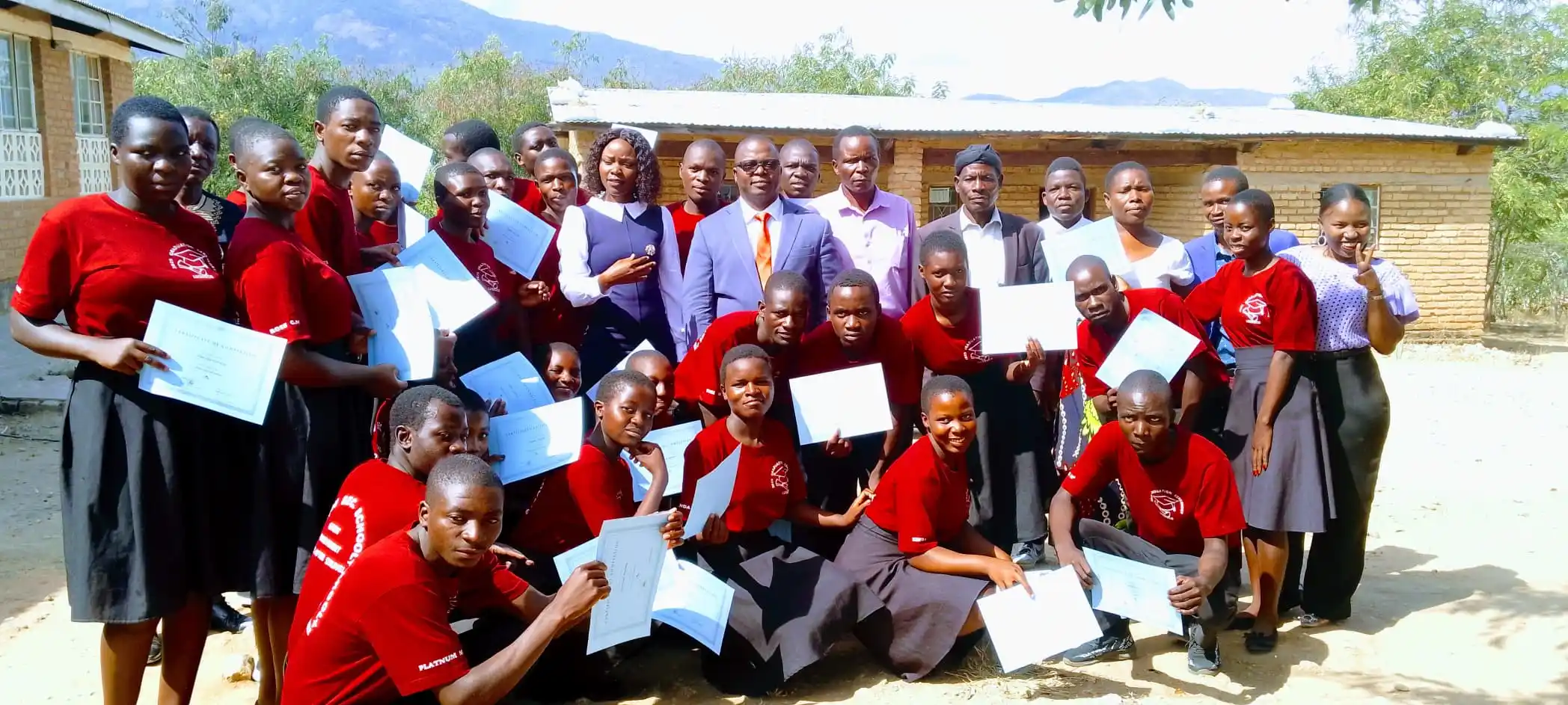
A new project aimed at supporting Malawian farmers by introducing eco-friendly and animal-friendly technologies has been proposed, with the primary focus on ensuring that information is delivered in a way that farmers can easily understand and adopt.
Speaking at the launch of the initiative, a representative emphasized the importance of making scientific findings accessible through local languages and communication channels such as community radios, newspapers, and farmers’ groups.
“Farmers need to be able to grasp the information quickly and effectively for it to have a real impact. Disseminating the findings in local languages is key to ensuring that they can implement these practices on their farms,” the spokesperson stated.
The project aims to break down complex scientific concepts into simple, relatable ideas that farmers across Malawi can apply to improve productivity and sustainability.
One of the critical areas of the project is the use of plants as natural pest control methods, a strategy that has already gained approval from universities for its effectiveness.
These plants are being used as eco-friendly alternatives to chemical pesticides, which can be harmful to the environment and expensive for smallholder farmers.
Although the exact names of the plants are not yet widely known or standardized in local languages, the research shows promising results in controlling pests without harming the crops or the ecosystem.
“These plants offer a natural solution to pest problems, and their widespread use could mean an end to years of struggle for Malawian farmers who have long dealt with pest-related crop losses,” the spokesperson said.
For farmers, adopting these methods would not only improve food security but also contribute to environmental conservation by reducing the reliance on harmful chemicals.
The project also emphasizes the need for reinforcing and expanding community-based monitoring systems for animals, particularly livestock.
These systems would help farmers keep track of their animals’ health and behavior, enabling better disease management and improving overall livestock productivity.
Animal health plays a crucial role in food security, especially in vulnerable communities where livestock is a primary source of income and nutrition.
The representative also called for better family management practices to protect food security and improve the livelihoods of vulnerable populations. By ensuring that both crops and animals are managed efficiently and sustainably, the project could significantly uplift communities that are at risk of food shortages.
In conclusion, the project holds the potential to revolutionize farming practices in Malawi by introducing eco-friendly, animal-friendly, and human-friendly technologies that are easy to understand and apply.
Through local dissemination efforts and a focus on community-driven solutions, the project aims to empower farmers to protect their livelihoods, enhance food security, and improve the well-being of vulnerable populations. As the project moves forward, it is expected to serve as a vital tool in Malawi’s fight against hunger and poverty.








0 Comments